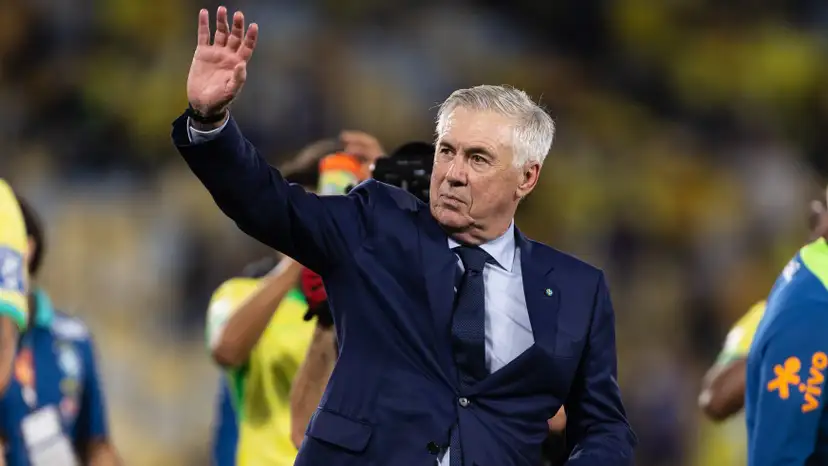
Carlo Ancelotti Told He’ll Struggle to Deliver World Cup Success with Brazil
Ancelotti’s Appointment Sparks Debate in Brazil
When Brazil turned to Carlo Ancelotti after Dorival Junior’s exit, it felt like a bold statement. Here was a nation famed for producing some of the greatest coaches in football history, now putting its trust in an Italian who has won everything there is to win at club level. For many, the appointment carried hope that Ancelotti’s calm authority and unmatched pedigree could translate into international glory.
But not everyone is convinced. Veteran Brazilian coach Braga has spoken out strongly against the decision, openly admitting that Ancelotti’s nationality “bothers” him. While he acknowledges that the Selecão have already shown improvements under the 65-year-old’s leadership, Braga doubts whether a man without “green and yellow skin” can truly embody Brazil’s footballing spirit.
The debate cuts to the heart of a sensitive issue in Brazilian football: whether only Brazilians should guide the national team, or if outside influence can help break the cycle of near-misses that have plagued them since 2002.
A Rough Start, Then Signs of Progress
Ancelotti’s reign didn’t exactly start with samba flair. His first outing in June, a drab 0-0 draw with Ecuador, left fans unimpressed. The team looked nervous, sat deep, and created few chances — hardly the Brazil that supporters dream of.
But things shifted quickly. A scrappy but important win over Paraguay followed, and then came a more convincing 3-0 triumph against Chile. That victory seemed to ease the tension, with the press quick to highlight that Brazil now sit second in the World Cup qualifying standings, behind only arch-rivals Argentina.
For Braga, though, the media’s leniency has been telling. “If Dorival or Fernando Diniz had produced that kind of debut,” he told Globo Esporte, “there would have been criticism everywhere. But because it was Ancelotti, there was only relief. They said Brazil was closer to the World Cup. The performance didn’t matter.”
The Question of Identity
At the heart of Braga’s critique lies something deeper than tactics or results. It’s about identity. Brazil’s five World Cup triumphs — from 1958 with a teenage Pelé to the Ronaldo-led glory of 2002 — were all achieved under Brazilian coaches. For many, that connection between the man in the dugout and the country he represents is sacred.
Braga admitted: “I’m not questioning Ancelotti’s character. Everyone who knows him says he’s a great person. But when you open his jacket, his skin isn’t green and yellow. That’s what bothers me. It feels like people no longer believe in the Brazilian coach.”
It’s a sentiment that has been echoed before. Whenever Brazil has considered a foreign manager in the past, debates flare about whether the Selecão’s unique footballing culture — its improvisation, creativity, and emotional weight — can truly be understood by an outsider.
Can Ancelotti Change the Narrative?
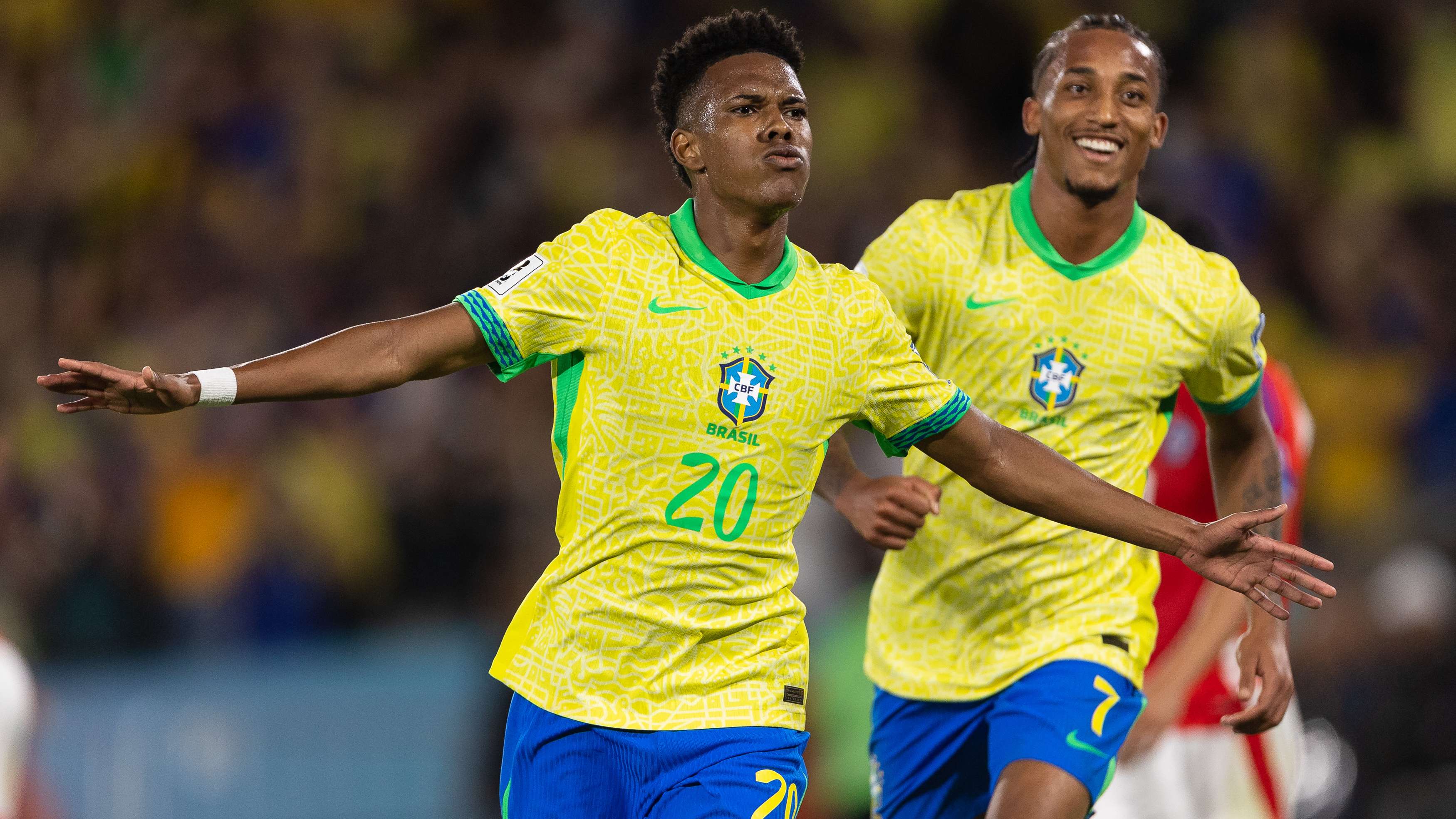
Brazil v Chile – FIFA World Cup 2026 Qualifier
If anyone can silence the doubters, it’s Ancelotti. His résumé is staggering: Champions League titles with AC Milan and Real Madrid, league triumphs in Italy, England, France, Germany, and Spain. Few coaches in history have shown such adaptability, molding teams around stars as different as Kaká, Cristiano Ronaldo, and Karim Benzema.
And perhaps that adaptability is exactly what Brazil need. The Selecão are in transition. With Neymar’s role under constant scrutiny, the nation’s hopes are shifting toward prodigies like Endrick and Estevão — players hailed as the future of Brazilian football. Managing such a generational handover requires steady hands and a calm temperament. Those who have worked with Ancelotti know that he brings both in abundance.
Still, the criticism lingers. Braga even went as far as to predict that Ancelotti will not win the 2026 World Cup. “I hope I’m wrong,” he said, “but I don’t think he’ll be a world champion. That generation after this one, with Endrick and Estevão, they will conquer. They’re outstanding.”
Brazil’s Place in World Cup Qualifying
Right now, Brazil find themselves in a solid but not dominant position. Second in the South American standings, 10 points behind Lionel Messi’s Argentina, they remain in contention but with room to improve. Every qualifier carries enormous weight, not only for the standings but for the mood of a football-obsessed country.
Next up is Bolivia, a game Brazil will be expected to win comfortably. But expectations are never simple when it comes to the Selecão. Even a routine victory will be dissected for style as much as substance. Was it played with flair? Did it show the kind of football worthy of Brazil’s five stars? Or was it too cautious, too European, too un-Brazilian? These are the questions Ancelotti must live with.
The Legacy of Brazilian Coaches
For context, it’s worth remembering the giants who came before. Vicente Feola guided Brazil to their first title in 1958, Mario Zagallo managed them in 1970, Luiz Felipe Scolari delivered in 2002. These men weren’t just tacticians; they were cultural figures, embodiments of Brazil’s identity.
Since Scolari’s triumph, however, Brazilian coaches have struggled to replicate that success. Dunga, Mano Menezes, Tite — all failed to return the World Cup home, despite often strong squads. That frustration has led some to embrace the idea of a foreign manager. Yet for others, like Braga, it remains a painful symbol of lost faith in Brazilian expertise.
Final Thoughts: Ancelotti’s Balancing Act
Carlo Ancelotti has been told before that he wouldn’t succeed — too calm, too flexible, too much of a players’ manager to dominate in the modern game. Time and again, he has proved doubters wrong by winning trophies everywhere he has gone.
But managing Brazil is different. It’s not just about winning matches; it’s about embodying a nation’s footballing soul. That is why Braga’s words resonate with many: that when Ancelotti unbuttons his jacket, his heart doesn’t beat in green and yellow.
Whether that truly matters will be answered in 2026. If Ancelotti delivers a sixth World Cup, he’ll be hailed as a genius who broke barriers. If he falls short, critics will point back to the moment Brazil looked abroad and question whether they betrayed their identity.
For now, all eyes are on Bolivia, then the long road ahead. Ancelotti knows the pressure. Brazil always demand perfection. The question is whether an Italian maestro can deliver the samba symphony the world expects — or whether, as Braga insists, that crown must wait for the next generation.

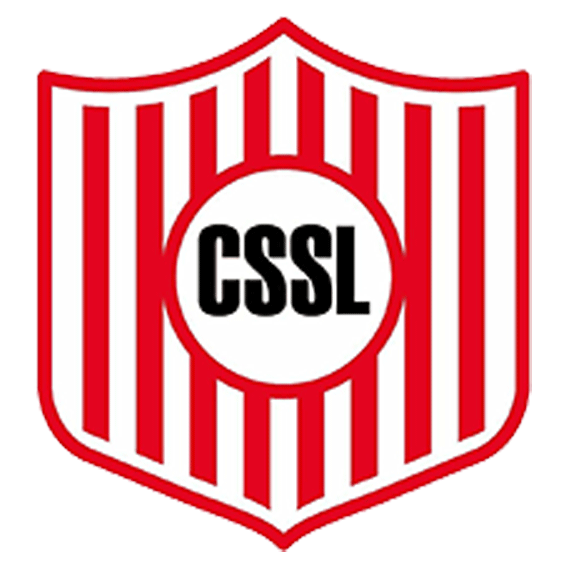
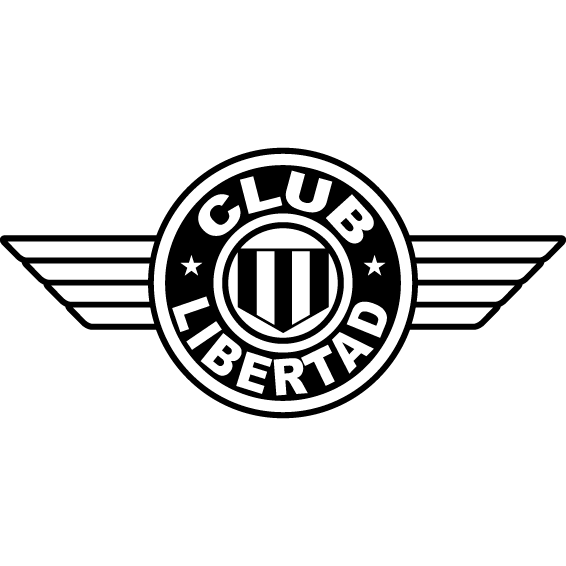

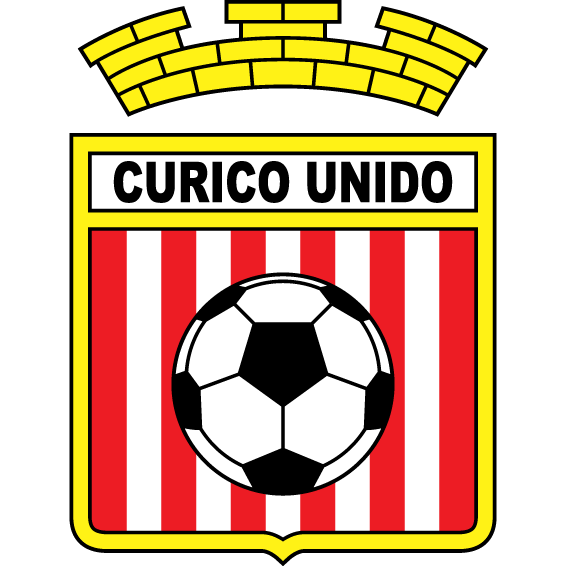
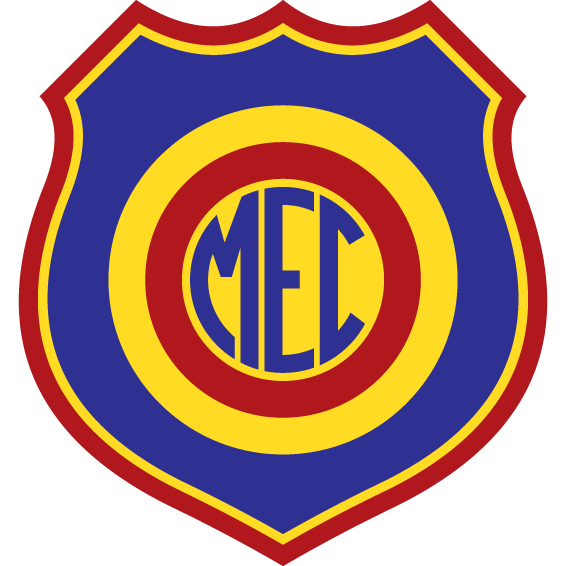
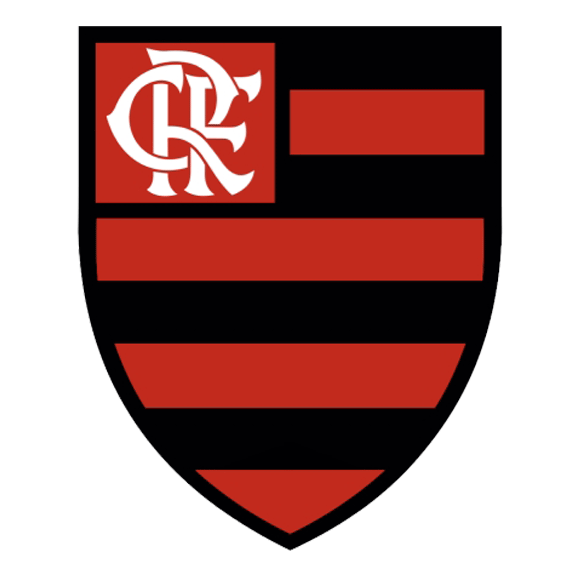
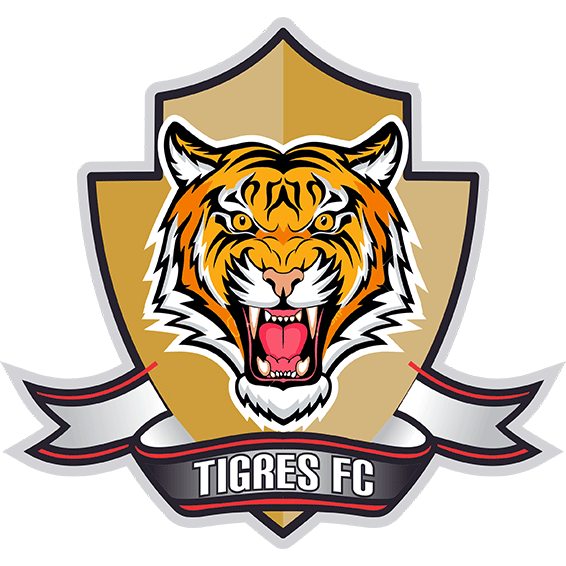

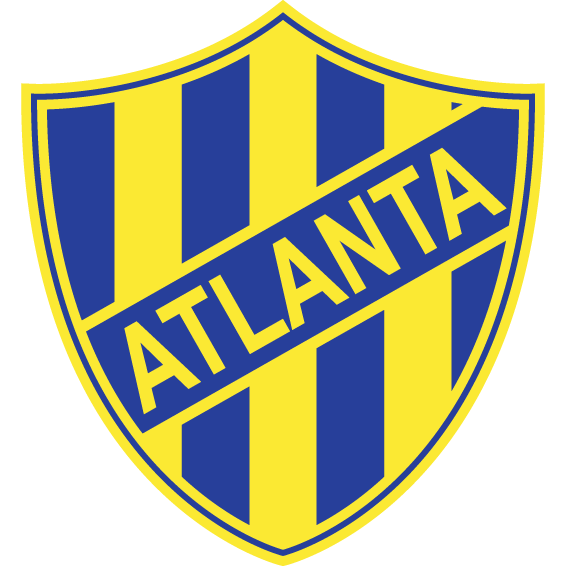
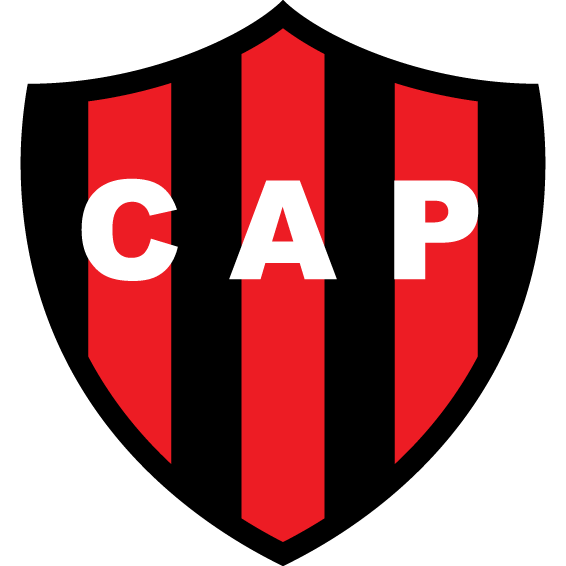
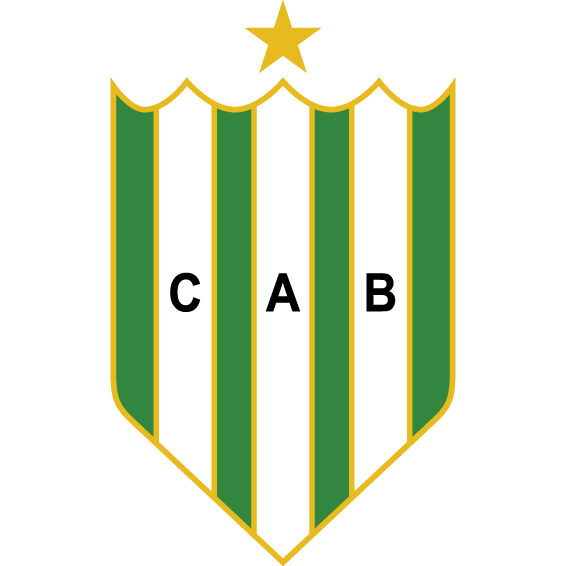

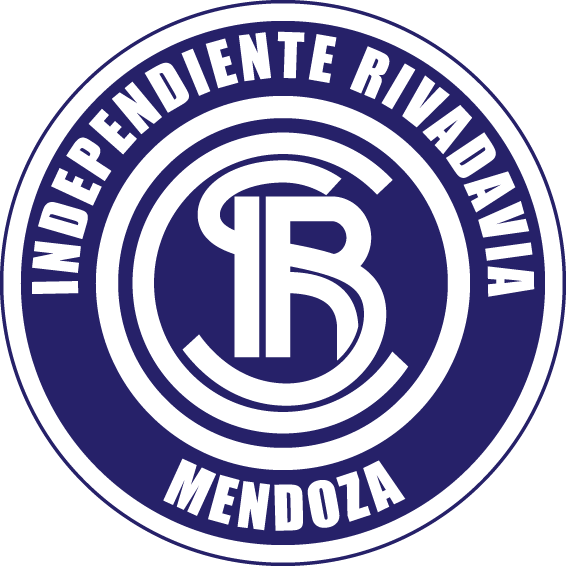
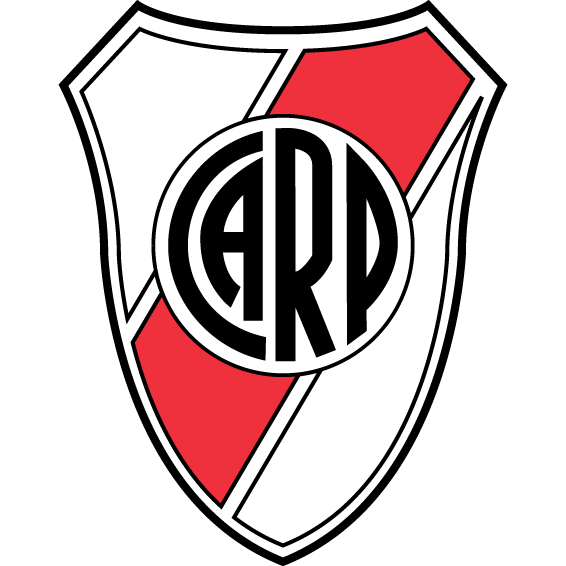
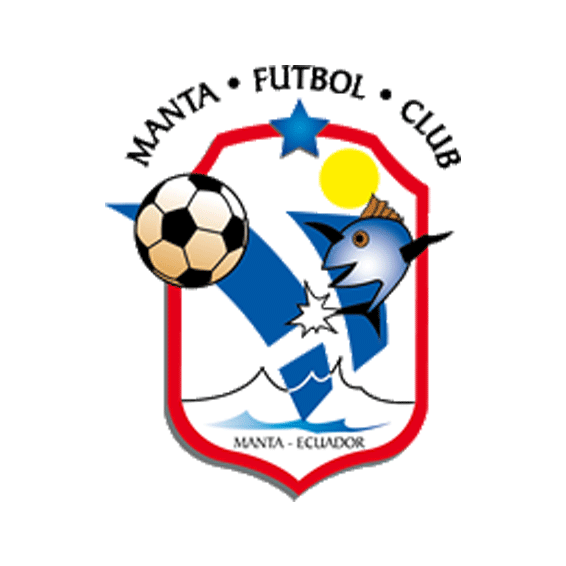
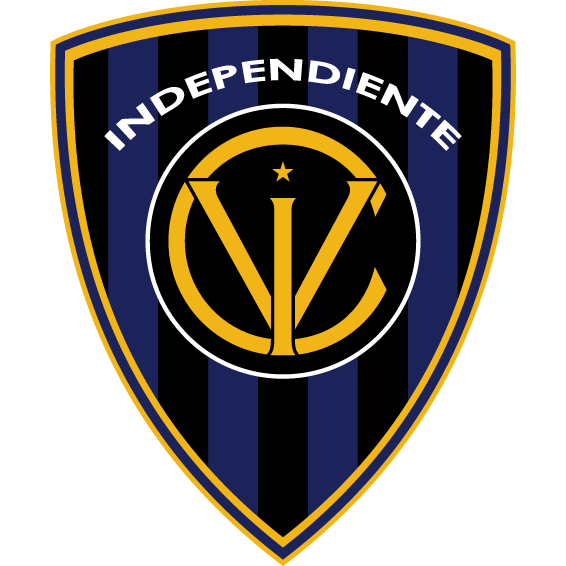


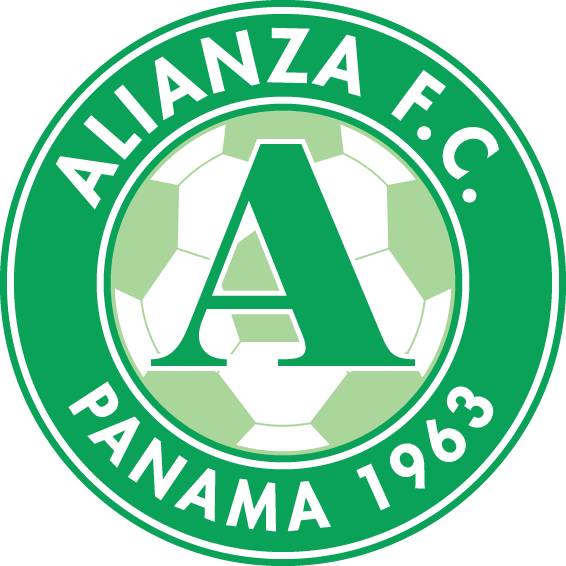
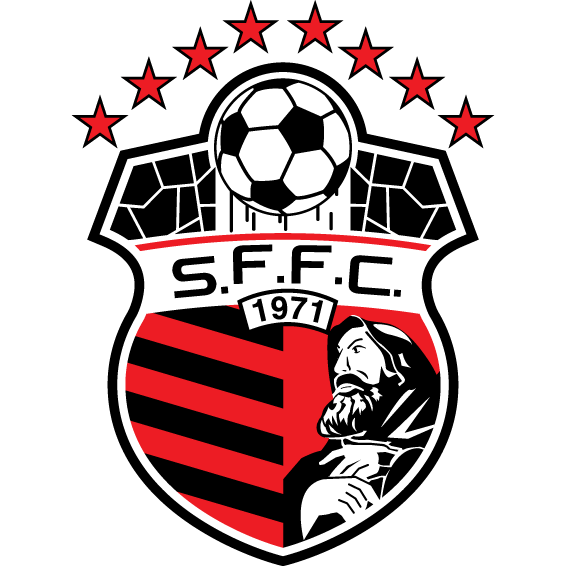
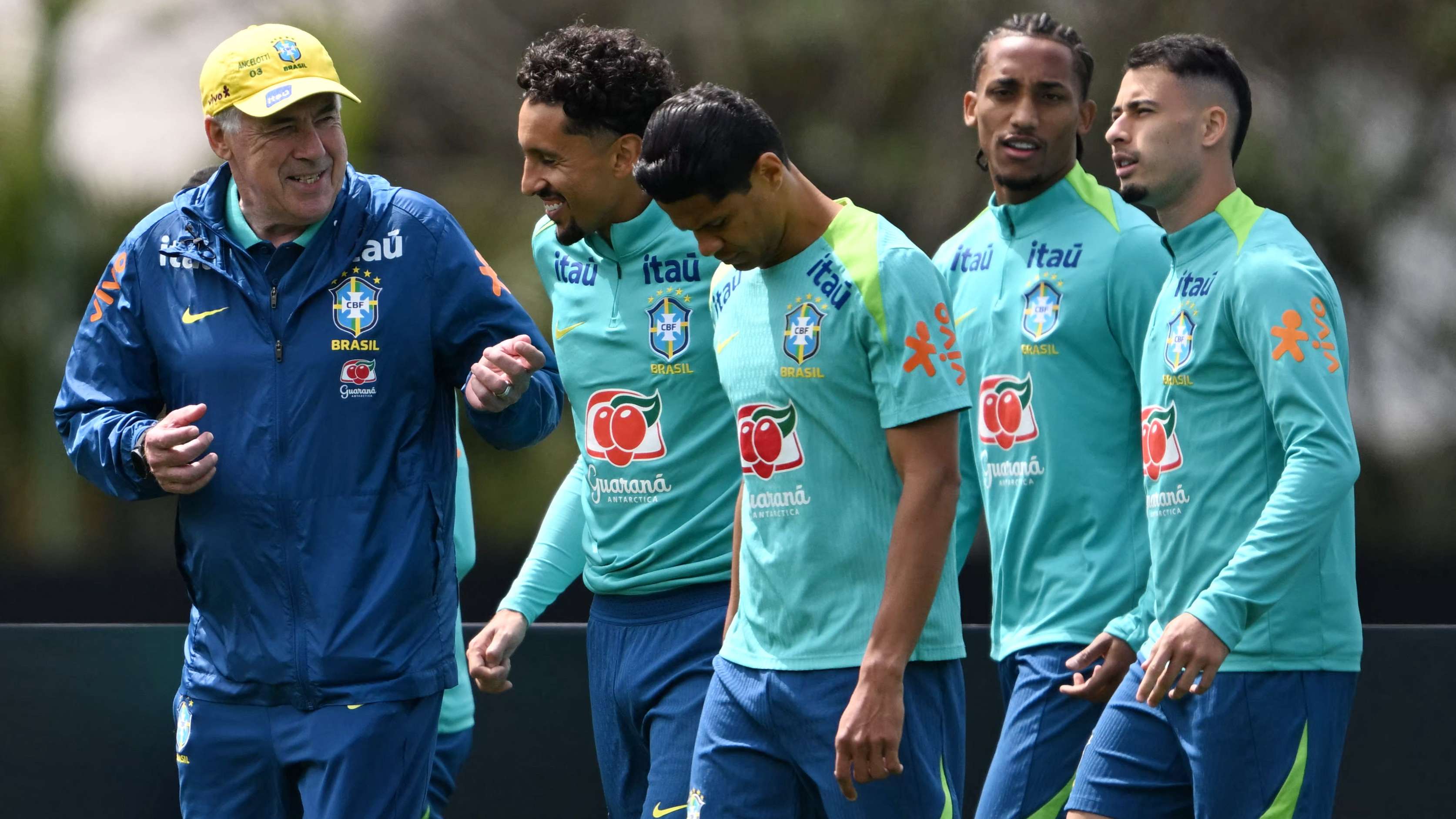























There are no comments yet. Be the first to comment!